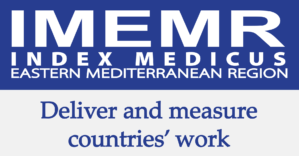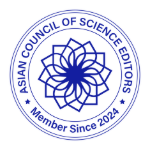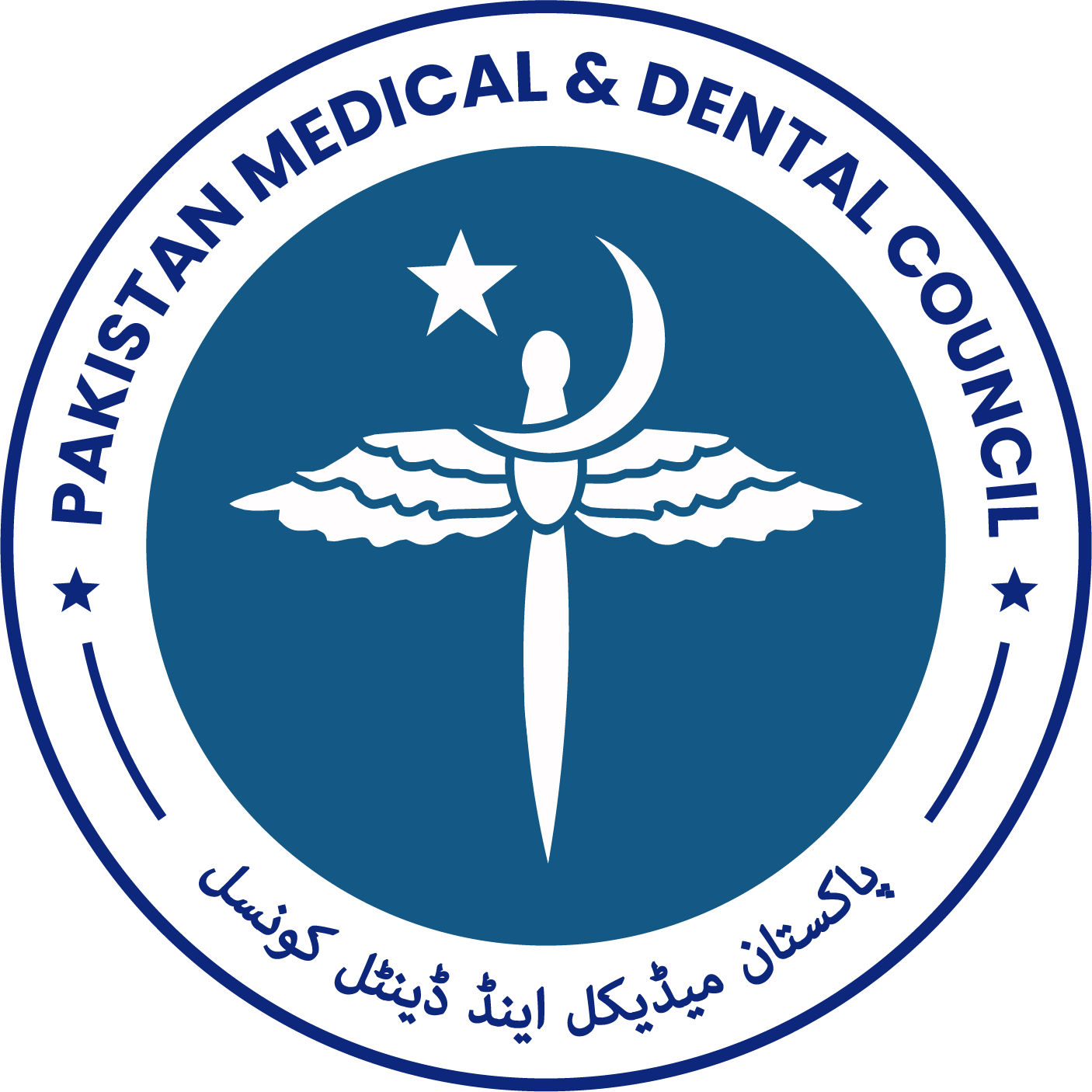Faculty Perspective on the Challenges Faced During Implementation of Integrated Curriculum
DOI:
https://doi.org/10.53685/jshmdc.v3i2.121Keywords:
Curriculum, Faculty and DentistryAbstract
Background: Curriculum is a dynamic thing that has evolved over the years to ensure the competency of health care professionals. Due to guidelines issued by international accrediting agencies, University College of Medicine & Dentistry implemented an integrated modular curriculum in 2015 that is coordinated and coherent.
Objectives: The objective of this study was to explore the difficulties that the faculty faced while implementing an integrated curriculum for the undergraduate dental program (BDS) at the University College of Dentistry, The University of Lahore.
Methods: This descriptive exploratory study was conducted from September 2020 till January 2021 at University College of Dentistry, The University of Lahore. Thirty-five faculty members were interviewed. The interviews were analyzed thematically after being transcribed.
Results: Six themes emerged from the analysis of interviews. These themes were: working environment, distribution of workload, communication, faculty development and retention, evaluation and leadership.
Conclusions: Integrated curriculum may be the need of the hour; however, its implementation comes with a set of challenges, which include a non-conducive working environment, uneven distribution of workload, absence of a sound faculty development and retention program, or absence of adequate resources. These factors may hinder the implementation of the integrated curriculum.
References
The changing medical profession: implications for medical education. World Summit on Medical Education, Edinburgh, 8-12 August 1993. Med Educ. 1993; 27(6): 524-533. DOI: https://doi.org/10.1111/j.1365-2923.1993.tb00314.x
Schneiderhan J, Guetterman TC, Dobson ML. Curriculum development: a how to primer. Fam Med Community Health. 2019; 7(2): e000046. doi: 10.1136/fmch-2018- 000046. DOI: https://doi.org/10.1136/fmch-2018-000046
Bland CJ, Starnaman S, Wersal L, Moorehead-Rosenberg L, Zonia S, Henry R. Curricular change in medical schools: how to succeed. Acad Med. 2000; 75(6): 575- 594. doi: 10.1097/00001888- 200006000 - DOI: https://doi.org/10.1097/00001888-200006000-00006
Reis S. Curriculum reform: Why? What? How? And how will we know it works? Isr.
J. Health Policy Res. 2018; 7(1): 7–10. doi: 10.1186/s13584-018-0221-4 DOI: https://doi.org/10.1186/s13584-018-0221-4
Baker SE, Edwards R. How many qualitative interviews is enough? Expert voices and early career reflections on sampling and cases in qualitative research. National center for research methods. 2012.
Gopalakrishnan S, Catherine AP, Kandasamy S, Ganesan H. Challenges and opportunities in the implementation of competency-based medical education–A cross-sectional survey among medical faculty in India. J Edu Health Promot. 2022; 11: 206. doi: 10.4103/jehp.jehp_1130_21 DOI: https://doi.org/10.4103/jehp.jehp_1130_21
Cooper T. Curriculum Renewal: Barriers to Successful Curriculum Change and Suggestions for Improvement. J Educ Train Stud. 2017; 5(11): 115-128. doi: 10.11114/jets.v5i11.2737 DOI: https://doi.org/10.11114/jets.v5i11.2737
Chan CKY, Luk LYY. Faculty perspectives on the “3+3+4” curriculum reform in Hong Kong: A case study. Int Educ Stud. 2013; 6(4): 56–66. doi:10.5539/ies.v6n4p56 DOI: https://doi.org/10.5539/ies.v6n4p56
Ali SK, Baig LA. Problems and issues in implementing innovative curriculum in the developing countries : the Pakistani experience. BMC Med Educ. 2012, 12: 31. doi: 10.1186/1472-6920-12-31 DOI: https://doi.org/10.1186/1472-6920-12-31
Sklar DP. Implementing Curriculum Change: Choosing Strategies, Overcoming Resistance, and Embracing Values. Acad Med. 2018; 93(10):1417-1419. doi: 10.1097/ACM.0000000000002350. DOI: https://doi.org/10.1097/ACM.0000000000002350
Chernus K, Fowler D. Integrating Curriculum: Lessons for Adult Education from Career and Technical Education. National Institute for Literacy. 2010. DOI: https://doi.org/10.1037/e529952011-001
Schwartz AR, Siegel MD, Lee AI. A novel approach to the program evaluation committee. BMC Med Educ. 2019; 19(1): 465. doi:10.1186/s12909-019-1899-x DOI: https://doi.org/10.1186/s12909-019-1899-x
Sandhu D. Healthcare educational leadership in the twenty-first century. Medical Teacher. Taylor & Francis. 2019; 41(6):614-618.
doi:10.1080/0142159X.2019.1595555 DOI: https://doi.org/10.1080/0142159X.2019.1595555
Van Diggele C, Burgess A, Roberts C, Mellis C. Leadership in healthcare education. BMC Med Educ. 2020; 20(Suppl 2): 456. doi: 10.1186/s12909- 020-02288-x. DOI: https://doi.org/10.1186/s12909-020-02288-x
Downloads
Published
How to Cite
Issue
Section
License
Copyright (c) 2022 Kinza Aslam, Rehan Ahmed Khan, Mohammad Annas Aslam, Kainat Javed, Rizwana Kamran, Anum Ahmed Raja

This work is licensed under a Creative Commons Attribution-NonCommercial 4.0 International License.
You are free to:
- Share — copy and redistribute the material in any medium or format
- Adapt — remix, transform, and build upon the material
- The licensor cannot revoke these freedoms as long as you follow the license terms.
Under the following terms:
-
Attribution — You must give appropriate credit, provide a link to the license, and indicate if changes were made. You may do so in any reasonable manner, but not in any way that suggests the licensor endorses you or your use.
-
Non Commercial — You may not use the material for commercial purposes.
-
No additional restrictions — You may not apply legal terms or technological measures that legally restrict others from doing anything the license permits.





















